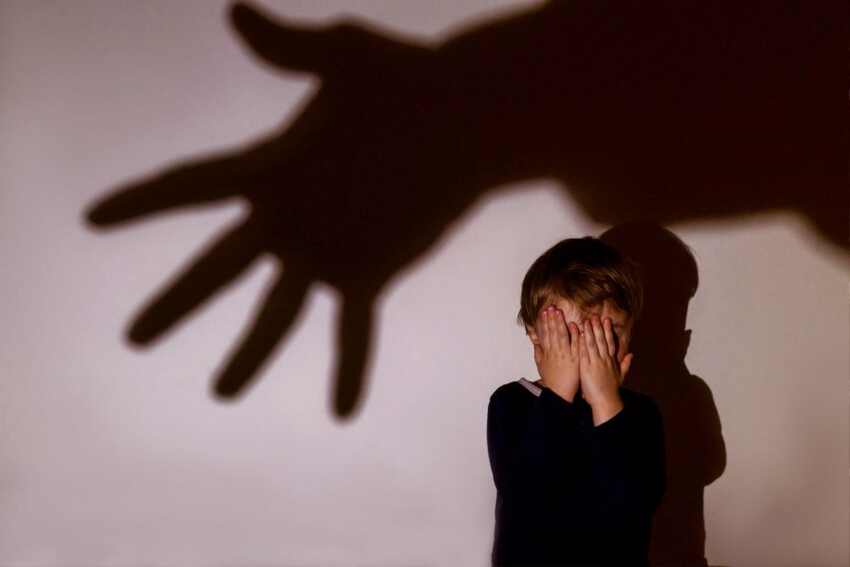Innocence Shattered: Examining the Devastating Effects of Child Harassment
Child harassment, an unfortunate reality in today’s society, shatters the innocence of countless children. This heinous act leaves deep scars on the victims, resulting in lifelong trauma and psychological damage. It is imperative to understand the devastating effects of child harassment to create awareness, promote intervention, and seek justice for those affected.
The Definition and Forms of Child Harassment
Child harassment encompasses various forms, ranging from physical abuse, sexual exploitation, emotional manipulation, to cyberbullying. The common denominator in all these forms is the intentional infliction of harm or distress upon a child by an adult or another child. This exploitation strips children of their innocence and leaves them vulnerable to long-term psychological consequences.
Psychological Consequences
The effects of child harassment are profound and can have lifelong implications for victims. Children who experience harassment often suffer from anxiety, depression, and low self-esteem. They may exhibit behavioral changes, such as aggression or withdrawal, struggle academically, and have difficulty forming healthy relationships. The trauma inflicted by harassment may persist well into adulthood, causing significant emotional distress and interfering with their ability to lead fulfilling lives.
The Impact on Emotional Well-being
The emotional well-being of a child is shattered when they become victims of harassment. Feelings of shame, guilt, and worthlessness consume them, leading to a distorted self-image and a damaged sense of self-worth. With their innocence taken away, they may struggle with trust and have difficulty forming healthy relationships in the future. These emotional scars can impact their social interactions, leading to isolation and feelings of alienation.
Impaired Mental Health
Child harassment significantly increases the risk of mental health disorders among victims. Anxiety disorders, including post-traumatic stress disorder (PTSD), are often observed in survivors of child harassment. Victims may experience flashbacks, nightmares, and hypervigilance, reliving their traumatic experiences repeatedly. Furthermore, the risk of depression, self-harm, and substance abuse is elevated among those who endure such trauma in childhood.
Long-term Consequences
The devastating effects of child harassment persist long into adulthood. Survivors may experience difficulties in maintaining and trusting romantic relationships, struggle with intimacy, and develop a fear of vulnerability. They may also face challenges in the workplace, as the trauma impairs their confidence, decision-making, and ability to concentrate. In extreme cases, victims of child harassment may even resort to self-destructive behaviors such as drug abuse, prostitution, or perpetuating violence.
The Importance of Intervention and Justice
It is crucial to intervene and seek justice for victims of child harassment. Prompt intervention can provide support, counseling, and therapeutic interventions necessary for their healing process. Holding offenders accountable through legal actions sends a strong message to deter potential perpetrators and helps survivors regain a sense of justice and closure.
Child harassment shatters the innocence of countless children, leaving behind lifelong scars. The psychological consequences, impaired mental health, and long-term effects are devastating. To protect and heal the victims, it is essential to raise awareness, promote intervention, and work towards justice for those impacted. Only by addressing this issue head-on can society hope to prevent future acts of child harassment and protect the innocence of our children.
Nidhin
For More Details Call: +917510220582
